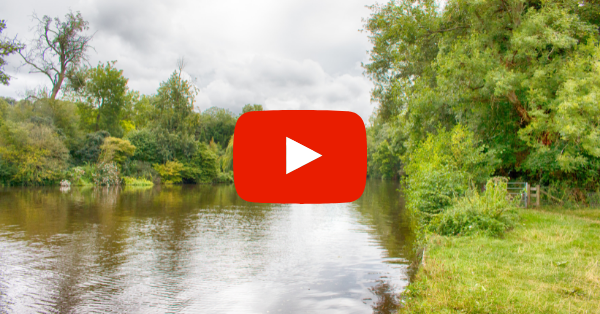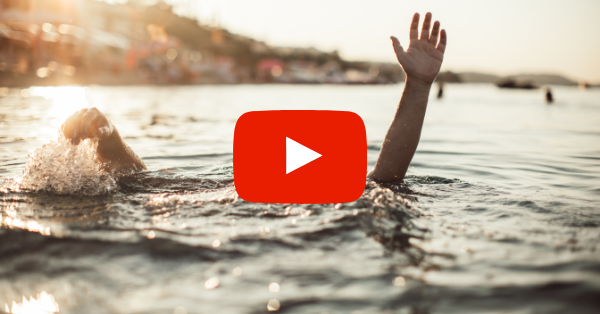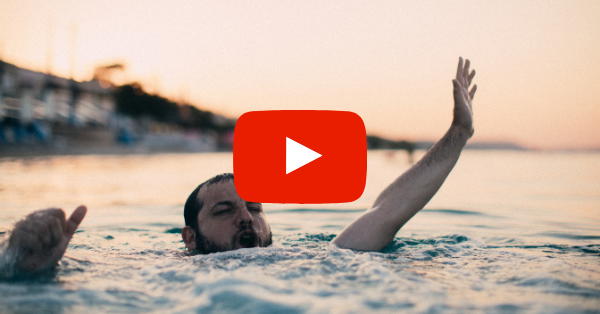Water Safety
Be Water Aware
Drowning in the UK is amongst the leading causes of accidental death. Do you know how to stay safe in open water (i.e., lakes, rivers, canals), or what to do if you or someone else gets into trouble?
On average over 400 people drown in the UK each year, and over 200 people take their own lives on our waters. This is more than fire deaths in the home, or cycling deaths on the road.
Please don’t be tempted to take a dip in rivers, lakes or canals, whatever the weather. Even strong swimmers can be caught out by hidden dangers such as fast currents, deep holes, soft mud, weeds or rubbish. Any stretch of water, still or flowing, has the capability for someone to get into trouble or drown.
At any time, but especially in periods of warm weather, Oxfordshire Fire & Rescue Service encourages people to take particular care if they are spending time near open water. When areas around our lakes, rivers and quarries become busier, people do not always recognise the risks posed by cold water or the hazards in the water.
Even when it feels warm, water, particularly when it is deep, will still be cold enough to cause cold water shock, which can incapacitate even the most capable swimmers who are not accustomed and acclimatised to open water conditions.
Half of all people who drown never intended to enter the water, having slipped in while cycling, walking or jogging, for example. If you do get into difficulty in the water, remember to fight your instincts, lean back and float. If you see someone in trouble in the water, dial 999 and ask for the fire service.
If there is a flotation device nearby, throw that to them. If no flotation device is to hand, try throwing something that will float such as a ball for the person in the water to hold on to.
What NOT To Do
- Never swim, even where allowed, after drinking alcohol.
- Avoid walking on routes near water if you have been drinking alcohol.
- Don’t dive or jump straight into open water – this can cause potentially fatal cold water shock even on the warmest day.
- If you find yourself unexpectedly in the water, don’t panic – extend your arms and legs out and float on your back until the effects of cold water shock pass.
- Never enter the water to try to rescue someone – call 999 and ask for the fire and rescue service if inland and the coastguard if you are on the coast.
What To Do
- The safest place to swim is in a supervised swimming pool. The water is clean, clear and warm, and there are lifeguards on hand if something goes wrong.
- Be aware of the risk of cold-water shock, a physical response by your body when entering cold water, which can affect your breathing, reduce your muscle ability and can even lead to a heart attack.
- If someone is in trouble, call 999 and be as clear as possible about where you are use your phone or map to give as good a location as you can. There may be signs nearby to help or apps such as What Three Words, etc.
- Warn your children of the risks, and know where they are when they are out playing.
- At home, keep small children away from ponds and pools and make sure they are supervised in the bath.




